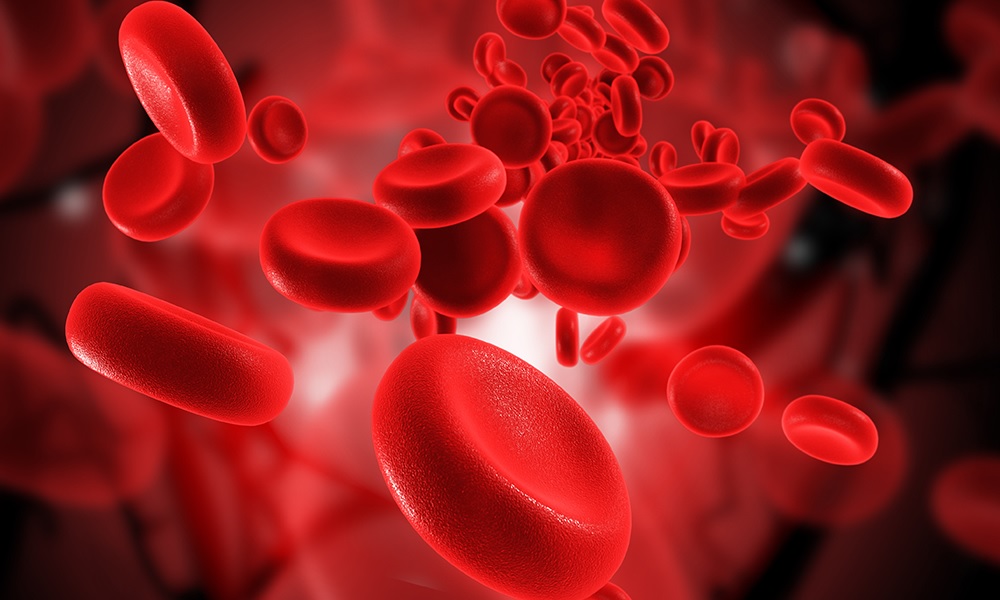The human body consists of numerous systems that work simultaneously. This system is made to work by trillion cells and the number of organs. This ensures that humans are able to live and survive in the many environments or conditions affecting a human’s life. One of the systems known as the blood circulation system provides oxygen and nutrients on cellular level in the body. It also eliminates waste products from the body. The blood systems do not only involve the 100 000 kilometres long of blood vessels but certainly the heart that can be considered as the engine. In this article we will be learning about a substance known to regulate the iron and affecting the blood system. This substance plays a great role in the medicine field.
Hepcidin is a hormone produced by the liver. It is secreted into the blood system. Hepcidin is known as the master regulator of systemic iron homeostasis. Systemic iron homeostasis involves iron absorption through the intestine. It also works to regulate the flow of iron from cells into the system circulation (the blood circulation affecting the steadiness of internal and chemical conditions inside humans). Hepcidin maintains the iron balance in the body by controlling the way the body uses the iron supply and by influencing the production of the red blood cells. Iron is needed for production of haemoglobin, a type of protein that creates red blood cells. Haemoglobin is vital for the red blood structures and functions as it transports oxygen in the blood from the lungs to tissues.
Hepcidin regulates the iron in the body by preventing the process from the body absorbing iron. Hepcidin acts on a protein called ferroportin. Ferroportin is also known as an iron exporter. An iron exporter works by obtaining and transferring iron between cells. Thus, when hepcidin acts on ferroportin, it leads to degradation or breakdown of the ferroportin that prevent iron entry into the bloodstream from being absorbed into the small intestine. This alone makes hepcidin to be known as an iron regulator.
Aside from regulating absorption of iron, hepcidin works to release iron stored from the liver cells (hepatocytes) and small intestines (enterocytes). For example, when a person is in a condition of a low level of oxygen (hypoxia) in the body, the body needs oxygen to recover from the hypoxic condition. The low level of oxygen triggers hepcidin and leads to low numbers of hepcidin. This led to ferroportin to transport more iron into the bloodstream and to produce haemoglobin. Ultimately, the increased haemoglobin transports more oxygen. This also prevents the body from absorbing excessive iron. Excessive iron can lead to life-threatening conditions of organ failures started off as heart and liver problems.
Another function of hepcidin is to recycle the iron in the body through macrophage functions. Macrophages are white blood cells that function to eliminate the old red blood cells. The macrophages bind with iron from haemoglobin of the old red blood cells before destroying the blood cells. Iron is recycled from the dying red blood cells after 4 months of the red blood cells being functional. The iron is then ready to be reused. Apart from the macrophages, the spleen and liver play a role in recycling or reuse of the iron. Role of hepcidin is significant for iron conservation because dietary iron alone is less than enough to make up for small losses of iron. Lost iron can be found from the skin cells (epithelial) and the red blood cells which is then eliminated into the urines or faeces.
Some might wonder what hepcidin has to do with ferritin. Ferritin itself is a protein that stores iron. Thus, what hepcidin does is to make sure that iron is stored in the body by binding to ferroportin. This ensures that ferritin works to store the iron in the body. Ferritin itself represents the iron status of a human body.
Now that you have known what hepcidin does, you can understand medical conditions that are affected by the hormone. Low level of hepcidin is commonly associated with iron-deficiency anaemia as it is a sign that the body does not absorb enough iron to meet the body’s demands. High level of hepcidin is associated with non-iron deficiency of anaemia such as chronic diseases. Chronic diseases such as chronic kidney disease or chronic infections can lead to high levels of hepcidin. It is worth noting that the level of hepcidin corresponds to the level of ferritin. This means that when the level of hepcidin is high, the level of ferritin is also high.
In essence, hepcidin as hormones play an important role in the blood homeostasis. Any changes to hepcidin can be considered as signs of a medical problem. Blood test is usually the way to know the level of hepcidin in the body. Hepcidin and ferritin do have strong connections to the answer of “what does hepcidin do to ferritin”. To understand more about hepcidin, ask a healthcare professional.

